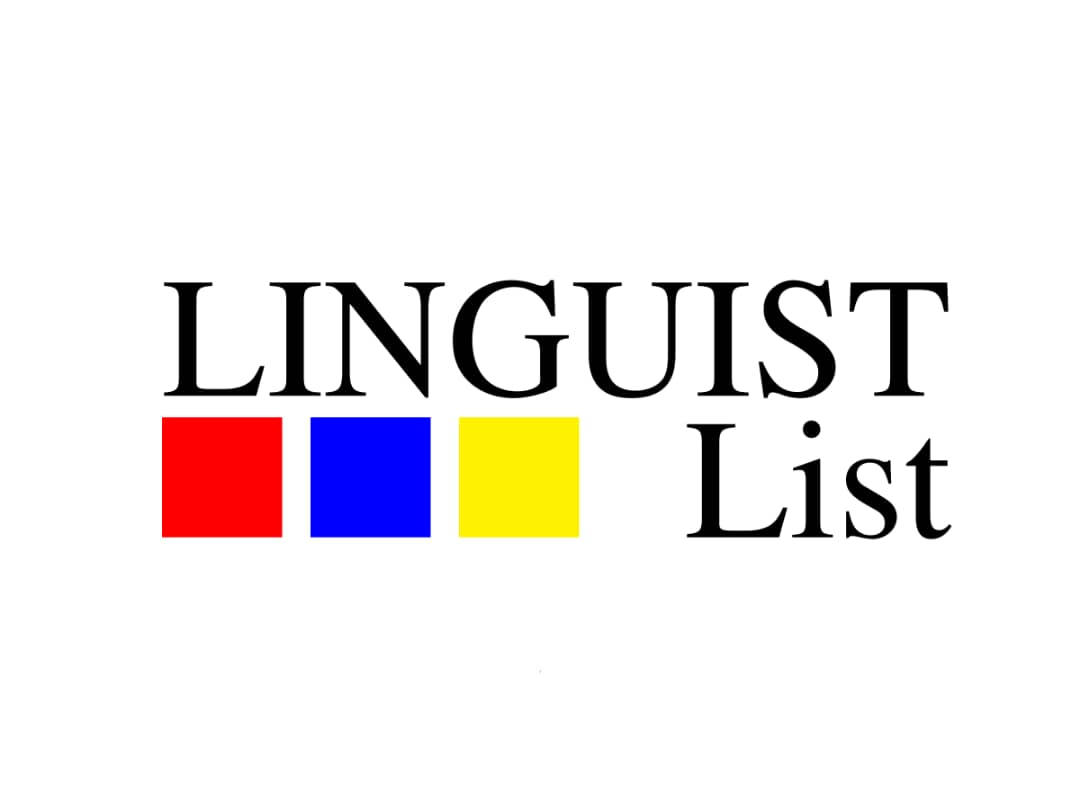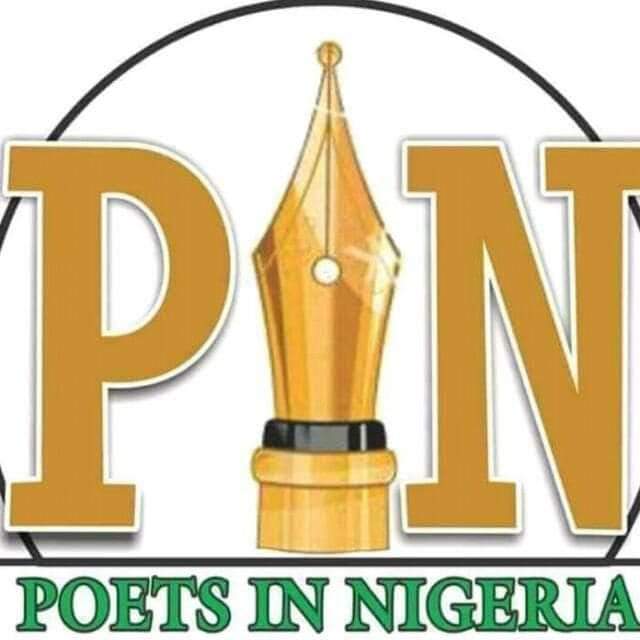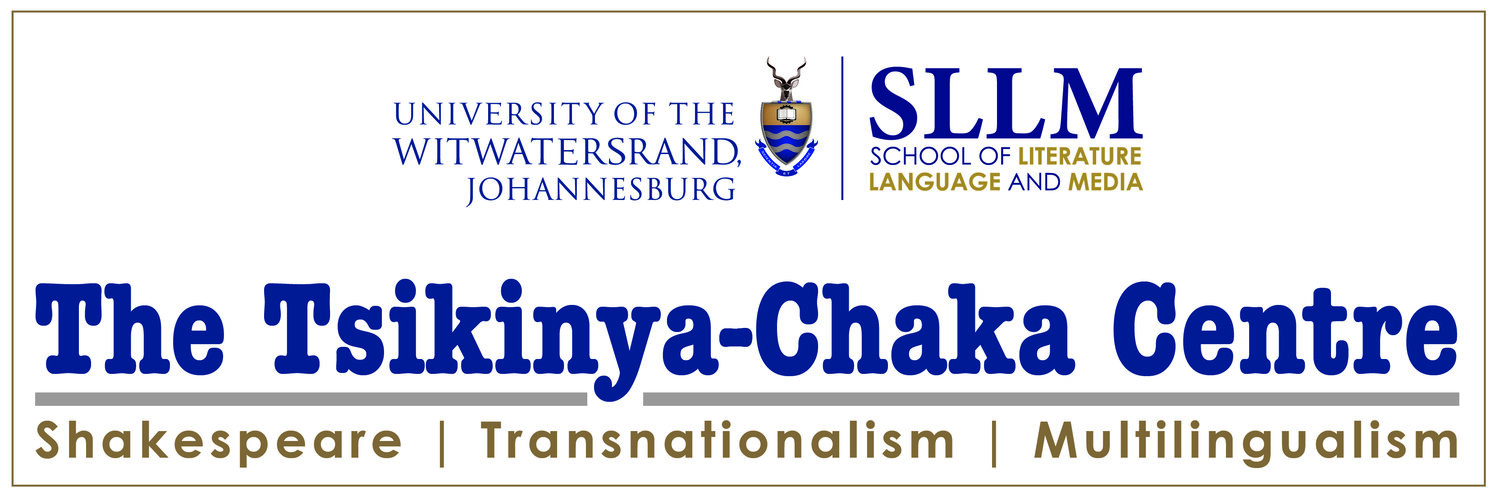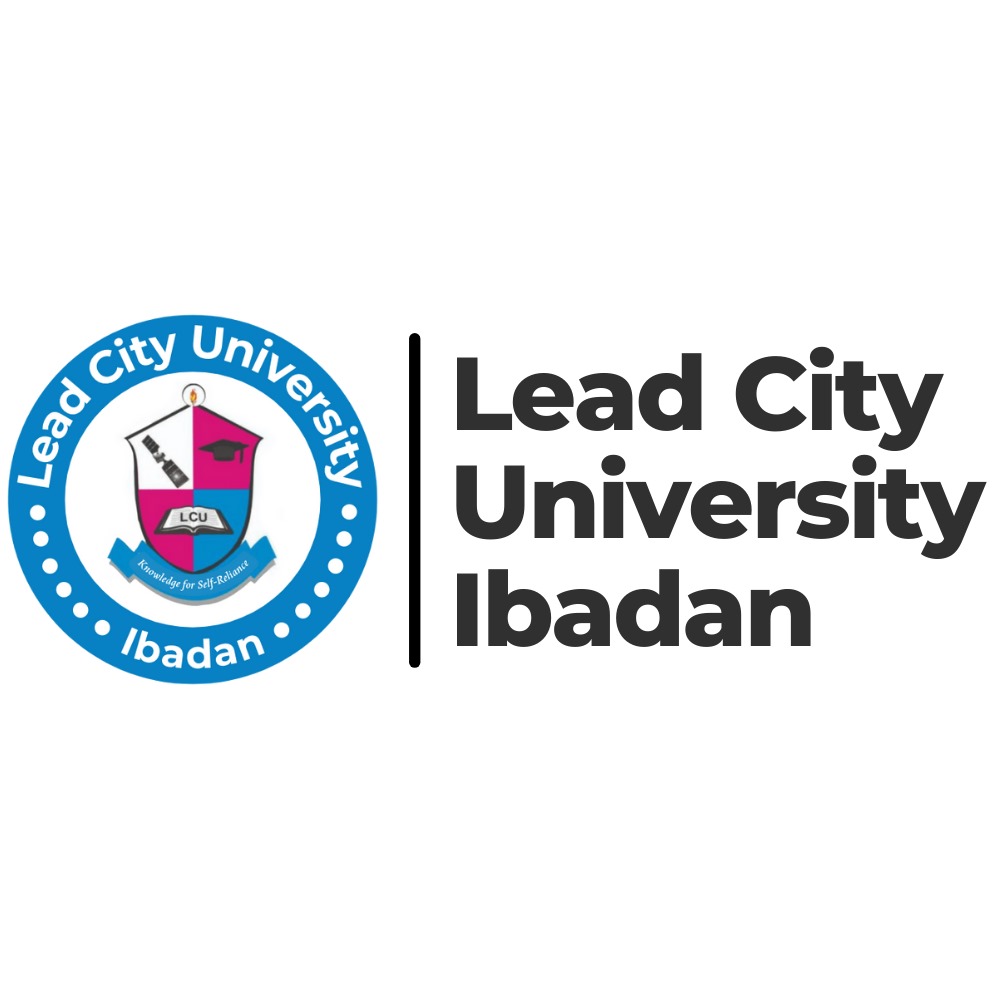Professor Francis Egbokhare
I hereby extend a warm invitation to attend the Conference themed ‘Naijá na Hẹlẹlẹ (meaning Naijá is incredible) - Nigerian Pidgin in the Local, Global and In-between Contexts. The Conference is an initiative that is meant to facilitate a forum for discursive interactions/engagements among researchers, language technologists, teachers, journalists, artistes and artists, skitmakers, poets, playwrights, policy makers and many others from October 2-5, 2024 (Independence Week).














